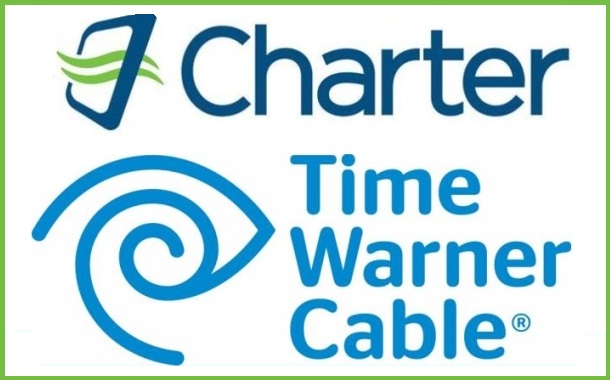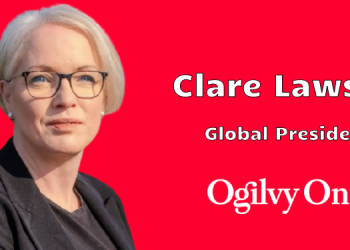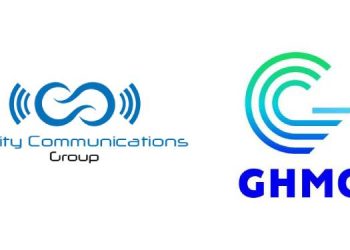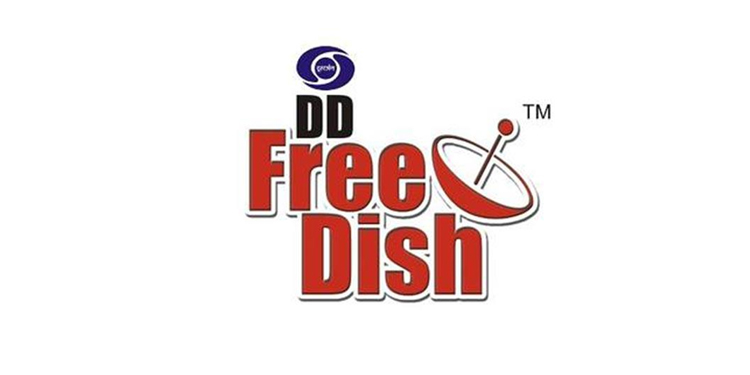The U.S. Department of Justice has cleared the way for Charter Communications to complete its $78 billion proposed acquisition of Time Warner Cable (TWC) and its related $10.4 billion acquisition of Bright House Networks (BHN) from Advance/Newhouse Partnership, with some conditions.
The settlement forbids the merged company, referred to as New Charter, from entering into or enforcing agreements that could make it more difficult for online video distributors (OVDs) to obtain video content from programmers.
“Online video distributors offer consumers greater choices for video services,” said Principal Deputy Assistant Attorney General Renata B. Hesse, head of the Antitrust Division. “This merger would have threatened competition by increasing the merged company’s leverage to demand that programmers limit their licensing to these online providers. Together with our counterparts at the FCC, we have secured comprehensive relief and we will work together to closely monitor compliance to ensure that New Charter will not have the power to choke off this important source of disruptive competition and deny consumers the benefits of innovation and new services.”
According to the complaint filed by the Justice Department’s Antitrust Division, the combination of Charter, TWC and BHN into New Charter would create the second-largest cable company and the third-largest multi-channel video programming distributor (MVPD) in the U.S. As the complaint explains, TWC has been the most aggressive MVPD in the industry in securing Alternative Distribution Means (ADM) clauses in its contracts with programmers that either prevent the programmer from distributing its content to OVDs or place certain restrictions on such online distribution.
The complaint alleges that New Charter, which will have almost 60 percent more subscribers than TWC alone, would have even more to gain from imposing ADMs and other contractual provisions that make OVDs less competitive. As a result, the complaint alleges that the merger would likely result in a “substantial lessening of competition” for video programming distribution services.
Tom Wheeler, chairman of the Federal Communications Commission (FCC), has given his approval for the clearance of the mega-merger; the full FCC still needs to vote to accept the recommendation.

















